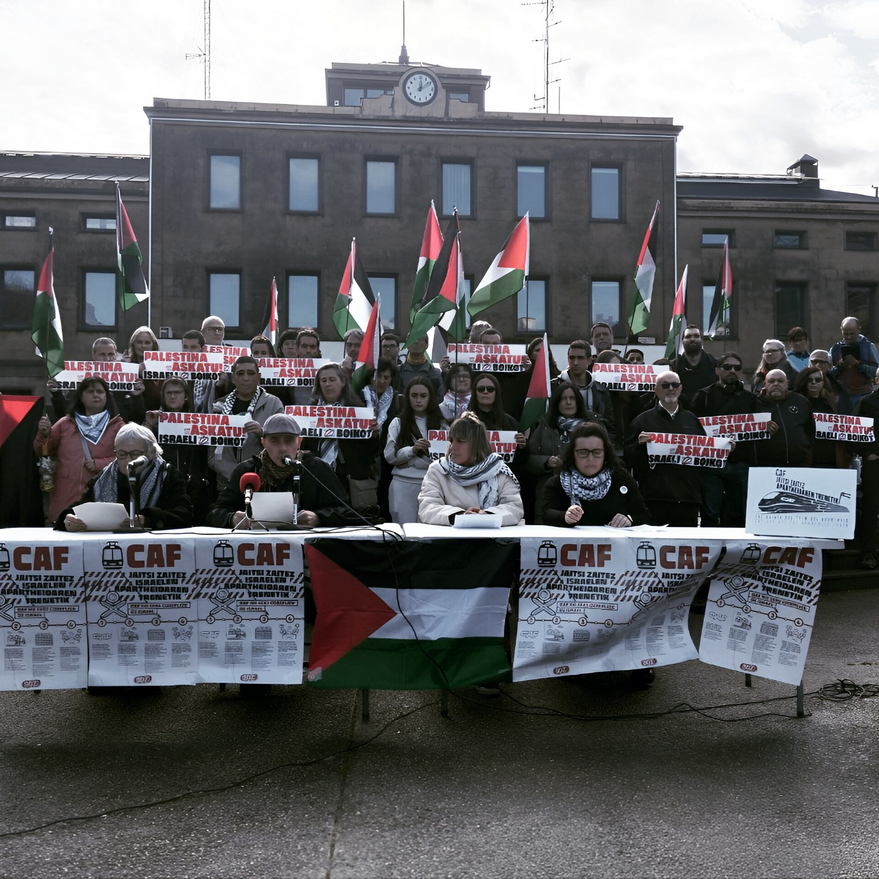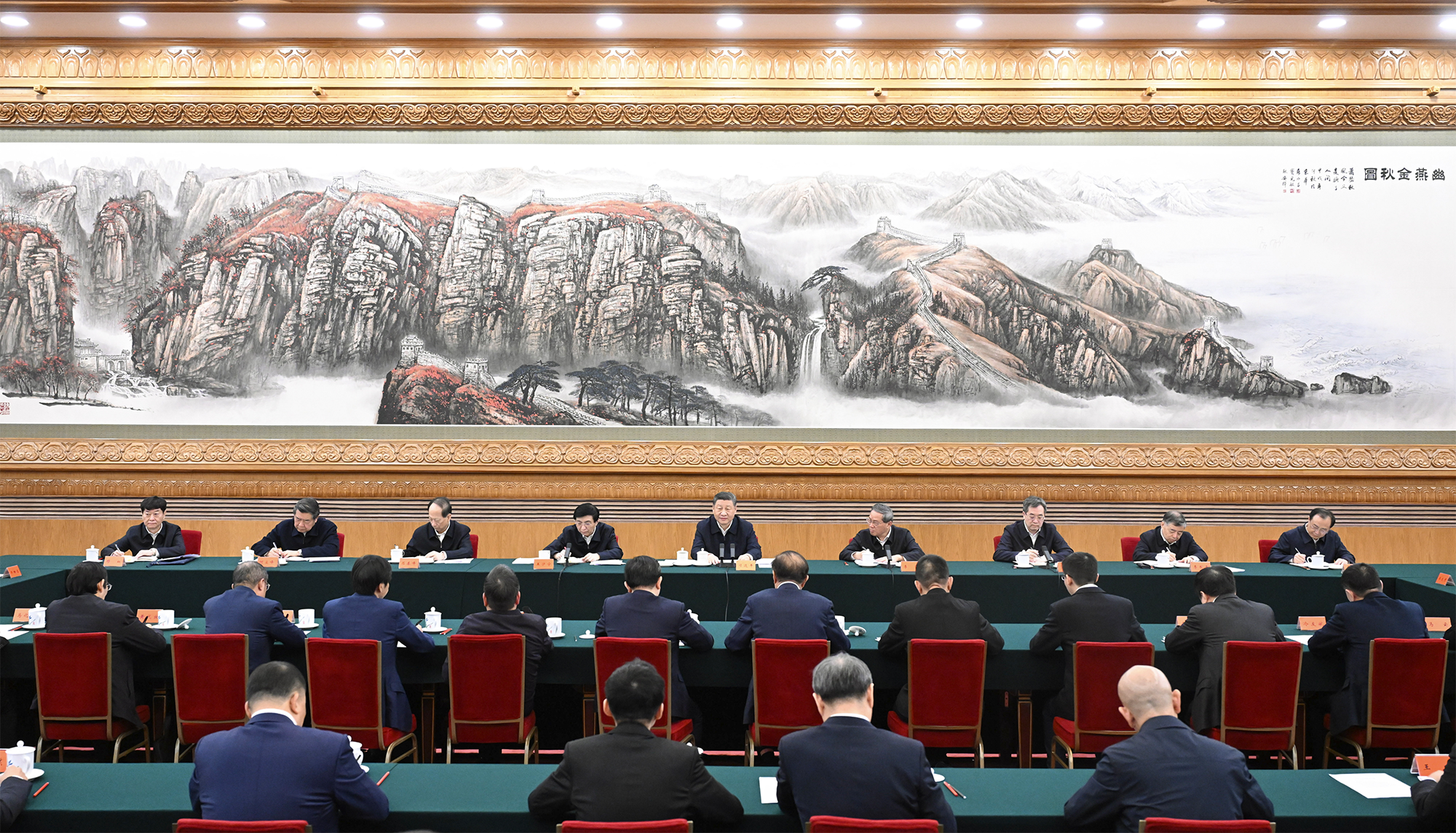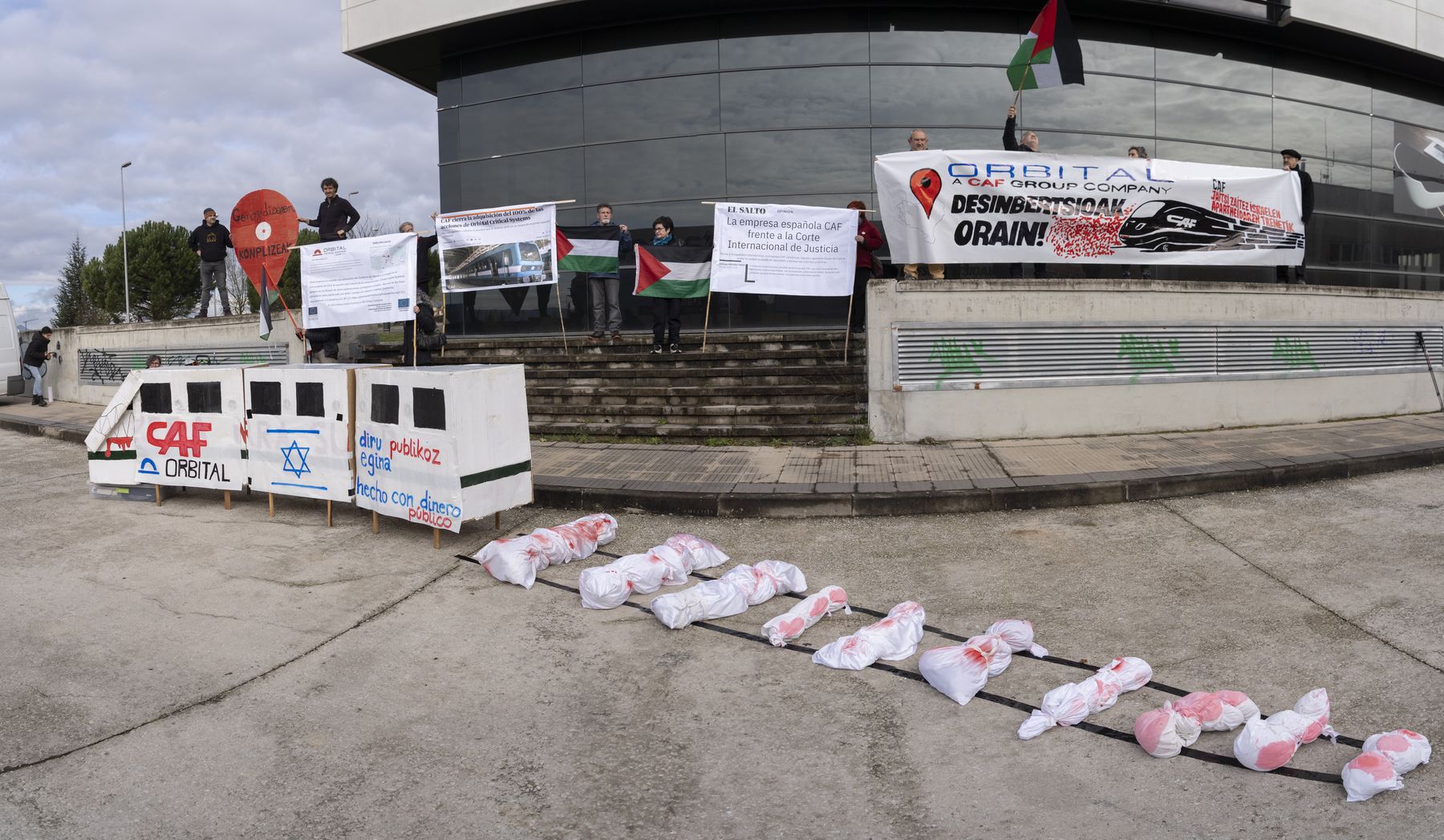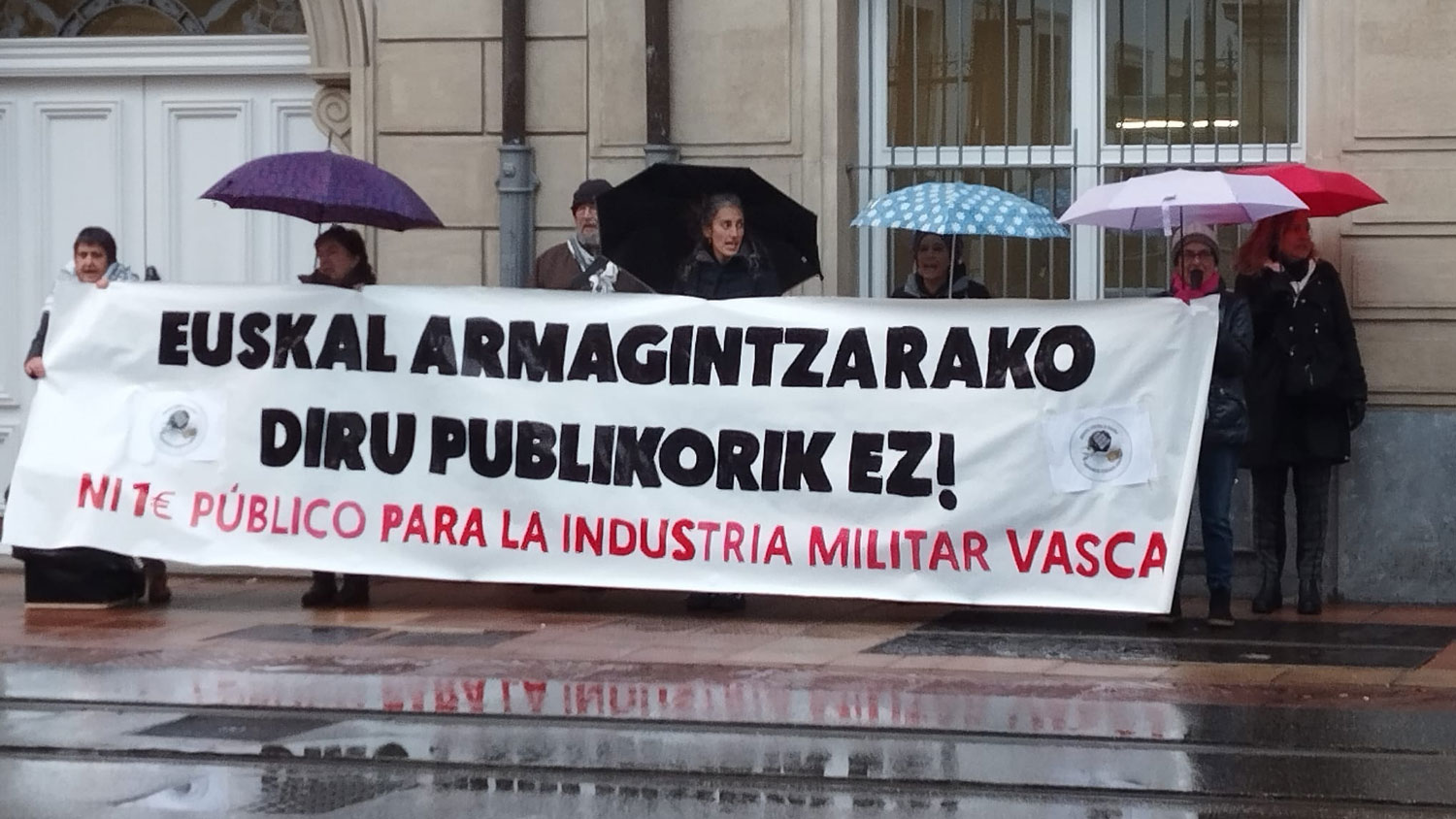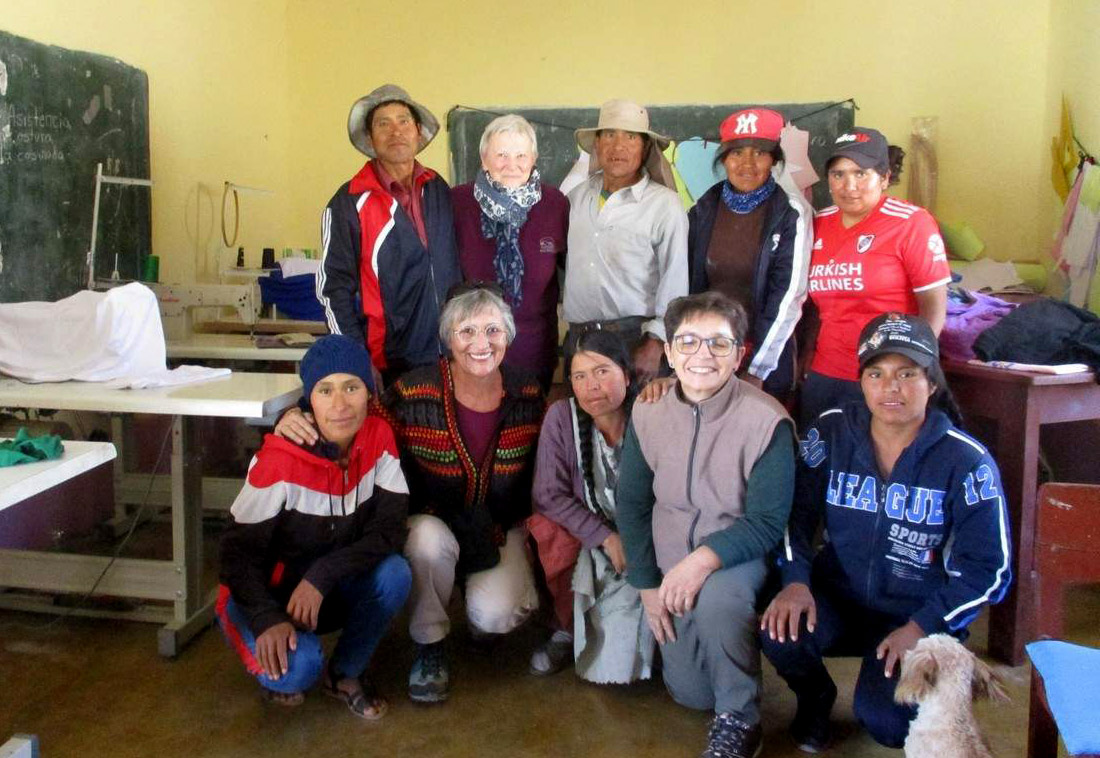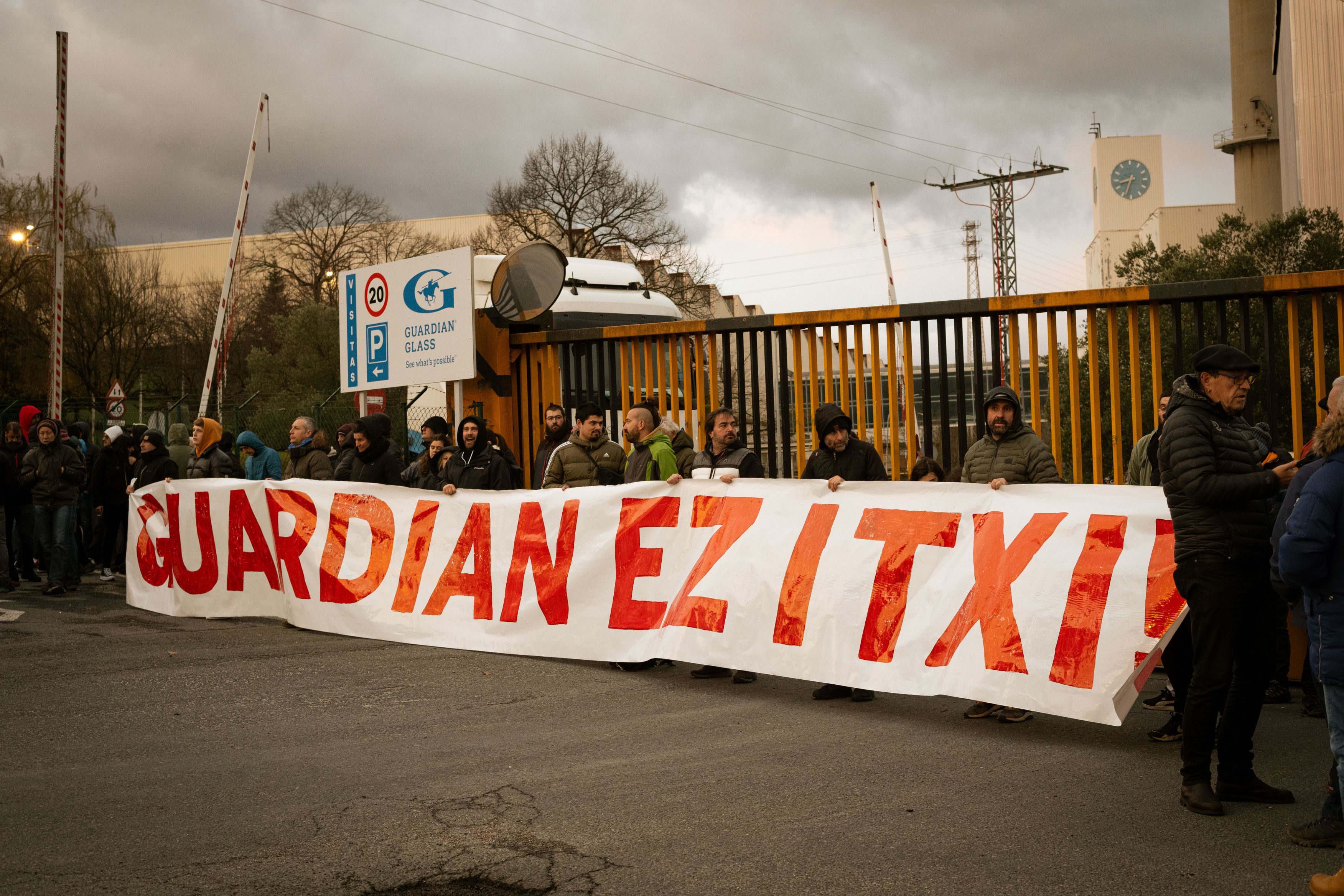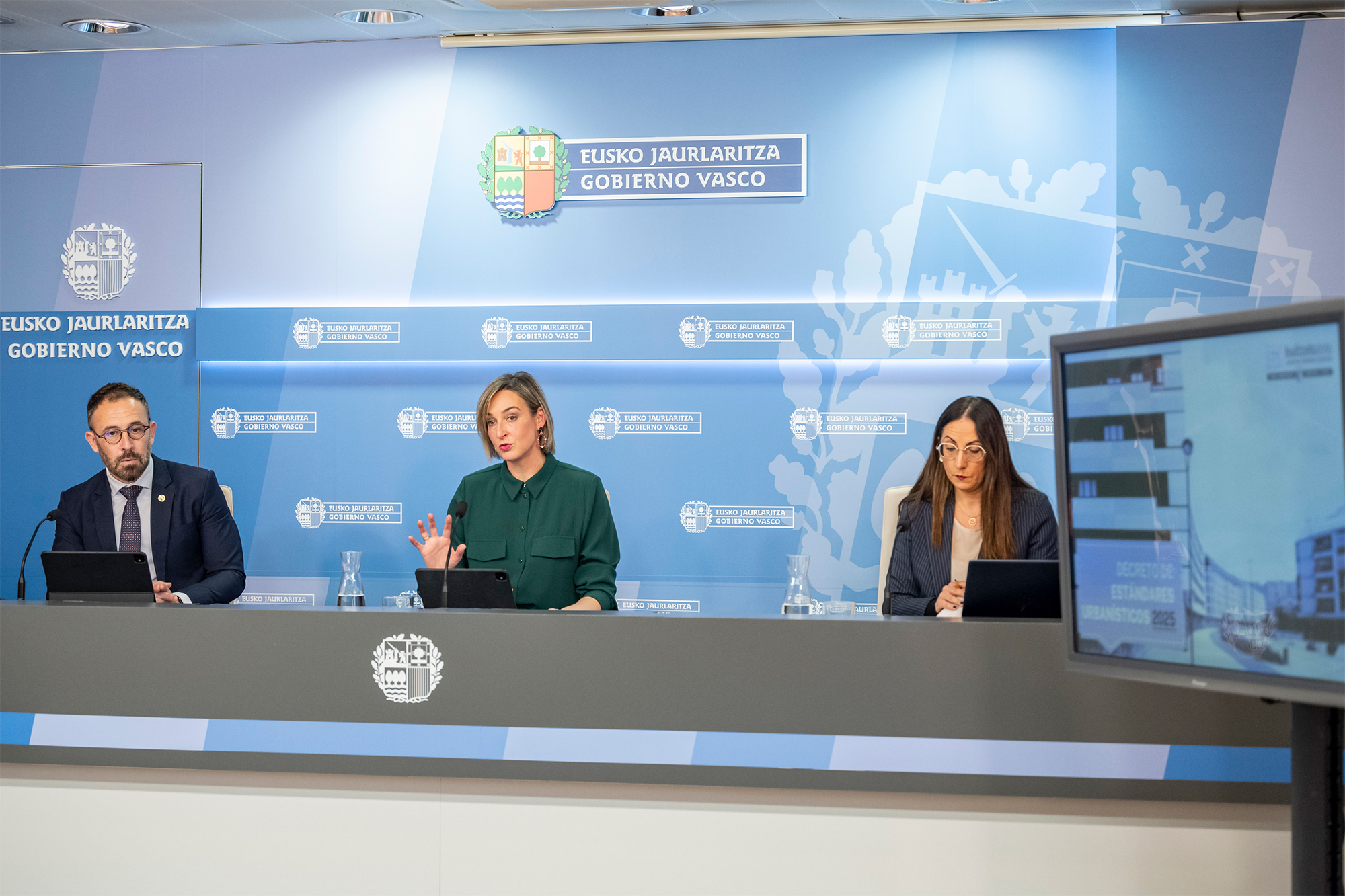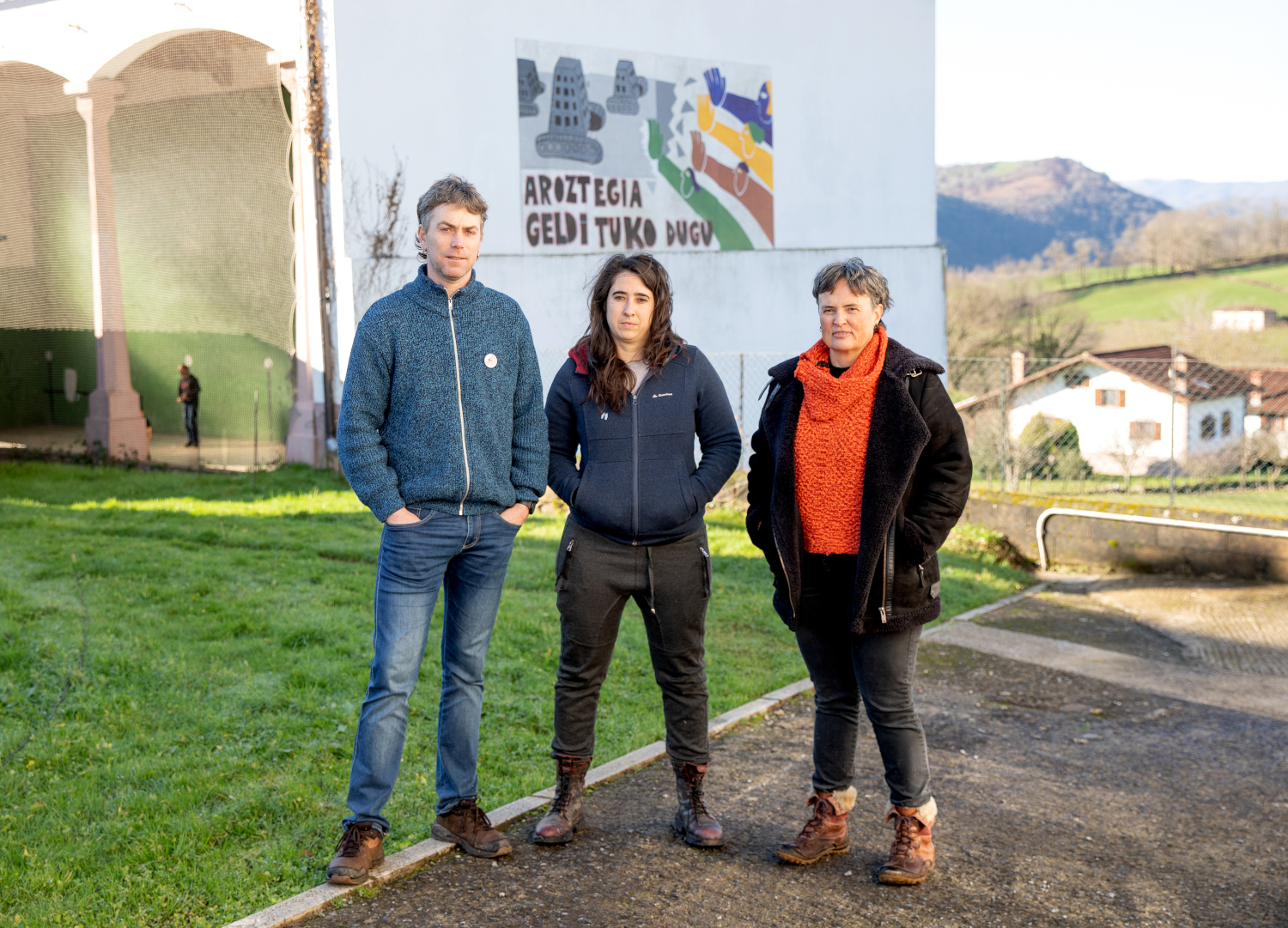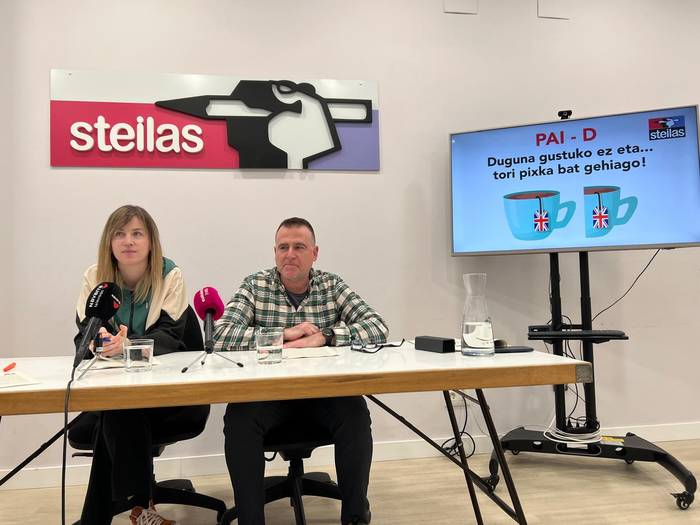Workers' struggle and environmentalism come together at the GKN factory of the Visención de Campi
- On July 9, 2021, 422 workers from the GKN plant in Visención de Campi are released. The next day they started the factory occupation and since then they fought, turning the fight against relocation into an alternative to another industrial model. The private company has become a GKN For Future cooperative which, apart from the production of car parts, is engaged in the manufacture of bicycles with cars and photovoltaic panels without minerals. Campi Bisendio is a workers’ struggle carried by the compass of ecological transition.

In sending the letter of 9 July 2021, the owner of Melrose Industrie indicated that the relocation of the GKN plant of Visención de Campi with Florence and the expulsion of its 422 workers would not represent such a response. This British investment fund acquired the GKN Group for EUR 9.5 billion in 2018 and soon thereafter launched the relocations of several European workshops. At the first meeting of the day after the letter in which the pain became strong and set the course: "We are crying, we have thousands of human stories to tell, but it's not the subject of today. We are not poor workers who have to go home. We are dignity, pride and resistance. Favor and link to the struggle. Let's move forward."
They decided to stay in the factory and were linked to the occupation, and since then they remain in it, both at night and day. The Collettivo di Fabbrica group – Colectivo de Lantegis – is carrying out the struggle, with the support and solidarity of others as a fundamental force: to block the recovery of the machines, the Casa Consistorial de Visención de Campi signed in the summer of 2021 an ordinance that prohibited access to the people to international trucks in transport, a group of militants that wrote new legislation to limit thousands of locations.
In September 2021, justice gives reason and annuls eliminations. Three months later, the acquisition of the job by the well-known employer Francesco Borgomeo did not resolve the situation of the workers: economic activity did not resume and wages did not reach them either. It continued to be organized by Collettivo di Fabbrica and in July 2023 the action was carried out with despair and determination in the Torre San Niccolo in Florence, to make known the following message: "Ours does not start here, we have come here for two years of struggle and eight months without pay. Those who are part of the system say they are powerless to do something, but in reality they hide their complicity. We will continue to organise our struggle in other ways, proposing new ideas and respecting our fundamental rights."
"Our struggle is collective, we've gone to other factories, we've approached LGTBQI+ groups, ecologists or even others." In both the demonstration last 3 December in Florence against the extreme right and the Fridays For Future climate meetings held a few months earlier in Bologna, alliances between areas of struggle are developing without interruption.
This is probably the most notable particularity of the Collettivo di Fabbrica. In essence, the future of the plant has flourished from this convergence of struggles: they decided, if they resume work, to ensure integrated production in the true ecological transition. Car parts manufacturers began to reflect and identified two products: bicycles with cars for distribution and photovoltaic plates without minerals. More specifically, the Italian-German company SemperAmpere has just patented the knowledge to produce lithium, silicon and cobalt free panels. GFF – GKN For Future – is a cooperative formed and integrated into the organisation of the production and training of workers.
Assuming the challenge of ecological transition
"When you go to a factory, you don't need what products, but if you let yourself choose, you can approach an organic product, a production that's not based on estractivism, fossil fuels or weapons. Convergence with the climate movement is essential for the awareness of workers in the collective," says Massimo Barbetti.
The report Ce que nous enseigne la lutte pour une reconversion industrielle durable de l’usine GKN Italie (lessons from the struggle for sustainable industrial change of the Italian GKN plant) from Lesmondesdutravail is interesting in observing the peculiarities of this struggle. Indeed, we are too used to equating workers and environmentalists in the industrial sector, as if they had opposing projects. It may be, but it is not always, and proof of this is the example of Collettivo di Fabbrick. A scientific committee composed of experts and experts and the collective of workers worked on the design of this industrial reorientation.
As can be read in the article, the process is breaking the delivery of staff in the center. First, because they place the class at the base of reflection and decisions, and also because they place to the same extent the knowledge of the laborer and scientific knowledge, “to bring the knowledge of the laborer to the light, instead of coming from a classroom or from a laboratory isolated from the world, based on the knowledge that comes from the daily experience allows us to rethink the relations between the knowledge and systems that have been discarded for a productive paradigm of benefit”. They incorporate the perspective of the ecological transition to the workers’ approach, placing to the same extent the protection of workers and the protection of the environment, and setting production according to social need, “only through the production of collective interest can we treat the environment in a sustainable way, it is not an abstract category outside of us, but as a material context for the development of everyday life”. They also highlight their decolonal vision, which has sought to eradicate the neo-colonialist bipillar tendency and fascinate the countries of the Global South to produce their own.
During this long period of time without work or pay, some have had to abandon the adventure, forced by poverty, and today they are about 150 with the possibility of being linked to new production. They go ahead, questioning the public authorities and receiving economic input from the citizens. They know they can be pioneers, because they follow what can be read in the article on which we are based, because they are carrying out "the recovery of a large company, a dream of self-management and the redefinition of production in full contrast and opposition to "green capitalism".
Larunbatean egindako prentsaurrekoan adierazi dute manifestazioa ekainak 14an Donostian egingo dutela. 130 kolektibo, alderdi politiko eta sindikatu batu zaizkie eta "atxikimendu kanpaina oraindik zabalik dagoela" gogorarazi dute.
Otsailaren 17an Txinako Alderdi Komunistaren arduradun gorenak bildu ziren bertako enpresa pribatu handienen zuzendari nagusiekin. Ez da ohikoa aldi eta areto berberean Huawei, BYD, New Hope, Tencent, SWSC, Yushu, Xiaomi edo DeepSeek bezalako konpainien nagusi gorenak bilduta... [+]
Laborantzaren Orientazio Legea pasa den astean ofizialki onartu du Frantziako Parlamentuak. Ostegunean Senatutik pasa da azken aldikoz. Iazko laborarien mobilizazioen ondotik, aldarrikapenei erantzuteko xedea du lege horrek. Aldiz, ingurumenaren aldeko elkarteek azkarki salatzen... [+]
Euskal Herriaren industriaren etorkizuna ezin dela "heriotzaren, odolaren eta armen gainean" eraiki aldarrikatu dute mobilizazioaren antolatzaileek. Euskal erakundeen nahiz alderdi politikoen "isiltasuna" salatu dute.
Duela gutxi think tank izateko jaioa omen den Zedarriak bere 6. txostena aurkeztu zuen. Beren web orrialdean azaltzen dutenaren arabera, zedarriak ebidentea ez den bidea topatzeko erreferentziak dira. Hots, hiru probintzietako jendarteari bidea markatzeko ekimena. Agerraldi... [+]
Zubiak eraiki Xiberoa eta Boliviaren artean. Badu jadanik 16 urte Boliviaren aldeko elkartea sortu zela Xiberoan. Azken urteetan, La Paz hiriko El Alto auzoko eskola bat, emazteen etxe baten sortzea, dendarien dinamikak edota tokiko irrati bat sustengatu dituzte.
An ad jumps on my mobile in a long time. He promises to color my world. They say that with this app I will be able to buy like the millionaires. Cheap products, very cheap, even free. They have played on the marketing target that the sociological historical moment demands. This... [+]
Azken boladan gero eta gehiago entzuten dugu gazte askok etxebizitza erosteko ahalmenik ez dugula. Batzuetan, badirudi ez dagoela beste gairik; egia da gai serioa dela. Niri neuri ere, 31 gertu izan arren, oraindik pixka bat falta zait neurea izango den etxebizitza lortzeko... [+]
Ilbeltzeko igande goiz batez jo dugu Baztanera. Eguzkiak oraindik ez du Lekarozko plaza argitu; bertan elkartu gara Garbiñe Elizegi Narbarte, Itziar Torres Letona eta Ernesto Prat Urzainkirekin. Itzaletan hotz egiten du eta umorez goxatu dugu lehen agurra, hogei urtean... [+]









